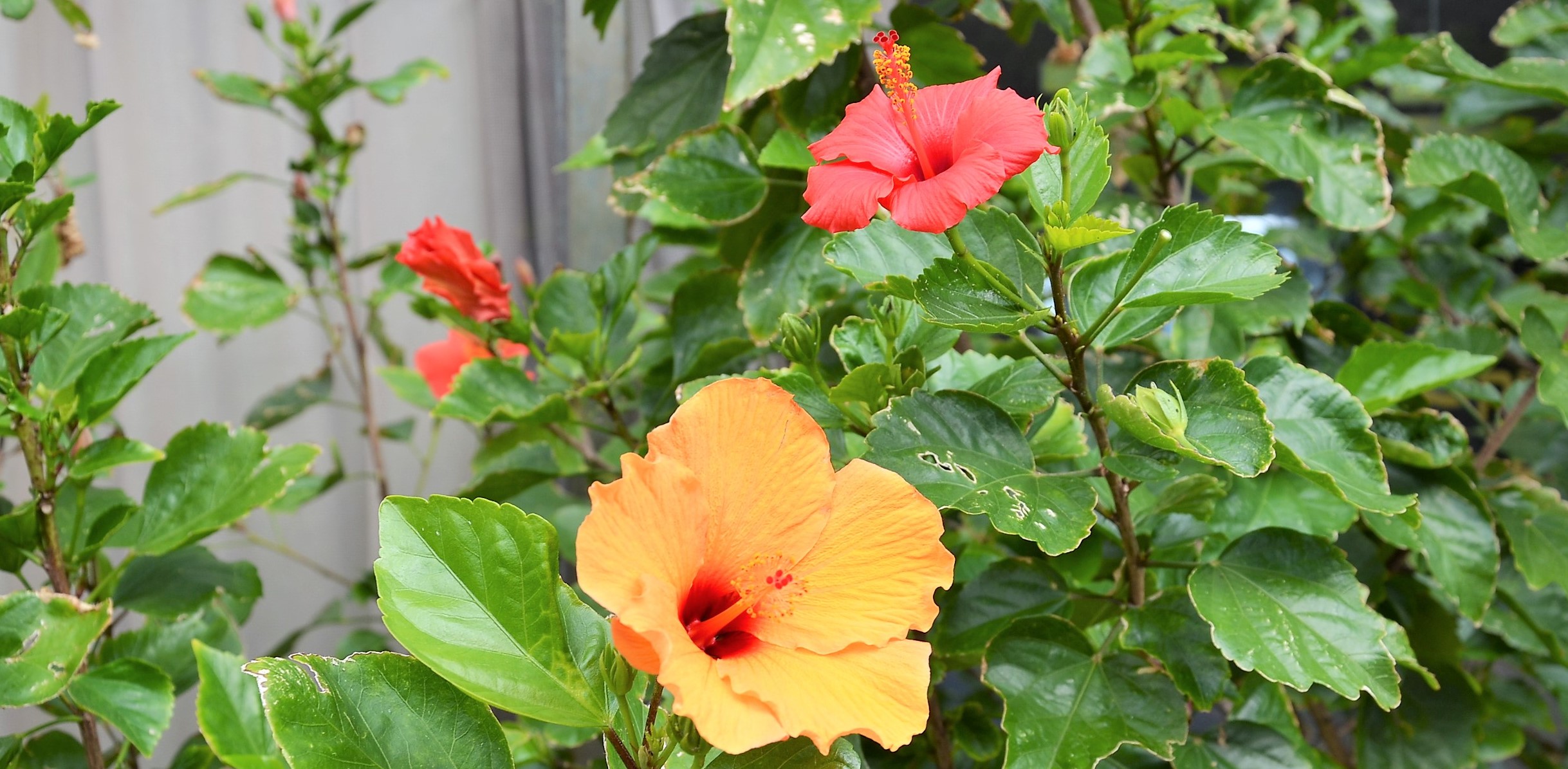
Detail of Dreams for Kushimoto Town by Pastor Megumi Ono
1.Building a town where people can live safely even if they live alone
Firstly, I would like to present the following demographic statistics for Kushimoto Town as of September 30, 2012.
Total population: 15,508 (-22), Number of households: 8458 (-9) , Number of people over 65 years old: 7126 (46%), Average age: 56.2 years old (47.3 years old in Wakayama Prefecture, ranked 8th in the nation for aging), Number of children from 0 to 19 years old: 1772 (11.4%)
From the above data, we can see that our town has a typical low birth rate and an aging population.
So you can see that the issue of health is an important one.
Residents want better health care, but in this underpopulated area, it is not easy.
There is a great deal of hope for the town's Kushimoto Hospital built by the town of Kushimoto and medical practitioners of the medical association.
But what is the current situation?
The Kushimoto Hospital, a general hospital, is underpopulated and has to ask for specialists from far away, a burden that no doubt makes it difficult for the town to finance.
Although I am a retired physician, especially for a town of our size, profitable medical care means having a few excellent general physicians who have a solid overview of the patients and who are willing to learn on a daily basis, and whose specialties such as surgery, pediatrics, orthopedics, otolaryngology, ophthalmology, obstetrics and gynecology, dermatology, etc., are not available in Kushimoto Town and the surrounding areas.
We can collaborate with a doctor or, if it’s not available there , we should refer the patient to a specialist in the prefecture or outside the prefecture. I have heard that many people leave the town's medical facilities, even if they have a just cold, to go to a hospital in northern part of Wakayama right away.
Isn't the balance between supply and demand getting out of hand?
Also, we needs to take its own measures to deal with Covid-19 and we need to have a sense of urgency and prepare for various cases.
Fortunately, there have been no cases of infection here, but it is only a matter of time before we can keep up the situation as it is if many tourists are coming in from outside.
Next, I would like to remind you that our population is aging very rapidly.
The number of single-occupancy households is 4117 (48.7%) and the number of two-occupancy households is 2667 (32%) in the whole town. 80.7% of the population has become a serious nuclear family
How do you think and plan for your own retirement?
I have always hoped that in order to establish 24-hour home healthcare in Kushimoto Town and the Kinan area in the near future.
Especially we should focus our efforts on promoting home palliative care.
However, this is not easy to achieve in reality. Hospitals and general practitioners have a lot of work to do in outpatient and inpatient settings, so medical institutions that specialize in these areas are desired.
Another issue is the aging of medical practitioners.
You may think it is impossible or nonsense to provide 24 hour medical care with a small number of medical staffs, right?
However, home health care needs more nurses and caregivers working at night, rather than doctors, because there is an absolute need for them to be available 24 hours a day.
There are quite people around me who are retired even though they are qualified.
I hope they can help us. But if we can't do that either, then I think we can set up a system where people in the community who are retired or who are looking for work can get trained in caregiving and be able to look after their neighborhood, because that's what we need in home health care.
Because what is needed in home health care is primarily about caring for and caring for the patient rather than about medical technology.
It's not always necessarily that the medically qualified person is an expert in care.
The state of Kerala in southern India has a worldwide reputation for training local volunteers to look after their neighbors and communicate their needs to hospitals and clinics.
I spent six months there, participating in community health care for people with cancer, and it taught me that there is a system that can be done without money.
It's important to educate people on the spirit of volunteerism.
I have heard that there are many retired teachers in Kushimoto Town, and I am hopeful that they will play a great role as a leader of them.
《Palliative medicine》 is not only about cancer, but also about the physical, mental, social, and spiritual pain and suffering of all diseases, and it means being close to the patients and their families.
Today's society has become a nuclear family, and on top of that, the neighborhood has almost collapsed. We have reached a point in time where we need to move away from the idea that only we and our families are safe and good. This is because no matter how tightly knit a family is, it cannot survive on its own throughout life.
We must not forget the welfare of society as well as our individual lives.
I hope that the most difficult and vulnerable among them can live happily and securely in a society where they can do so. We would like to ask for your help in this matter.
2.Disaster prevention
Fortunately, with the budgets of the national government and the town of Kushimoto, we have been able to widen the roads for disaster prevention, raise the levees, and the highway is on track to be completed in another six years. But my concern is that the hardware is still inadequate.
Government offices, schools, nursery schools, nursing homes, hospitals, hotels, businesses, and other large institutions are conducting various drills and seminars on disaster prevention, but are individuals and neighbors in each community having concrete measures in place in the event of an emergency?
And if the infrastructure cannot be restored quickly, there will be many things going on at the same time, such as water, food, and toilet facilities. People will be injured and sick definitely.
Most of the cars have been destroyed. Rear wheeled vehicles are needed to move the sick and elderly, but none of them have been confirmed to be ready in Kushimoto.
Isn't it too easy to be careless if you think that you are safe because you live on high ground where there is no danger of Tsunami?
Also, considering the risk of Covid-19, it is not always best to go to a facility that is prepared for it.
The town has announced a policy of "dispersed evacuation," but there are some problems that are difficult to determine. Are rescue measures for the elderly who are difficult to move, and those who are sick and live alone, being well prepared?
I think it's very important to know how to survive while using our limited stockpile.
Each ward has its own disaster prevention organization, and the mayor of the ward also serves as the chairman of the disaster prevention committee, but effective measures cannot be taken without the cooperation of everyone.
We need more than one person to take leadership in each field, and it's important to assign roles to each of them.
While relationships with these people inevitably need to be discussed on a regular basis, the reality is that there is a great deal of individualism involved, and there is a tendency for people to only want to protect their privacy. Since they don't usually have anything in common with each other, can they really help each other out in the event of a catastrophe, since they are in a state of panic? I think it's very questionable.
Even if you understand the basic measures on TV and at various workshops, I think it is most important to take that practical training is thorough among small groups.
There are many cases where people know what to do but can't move their bodies, so we have no choice but to learn with our bodies.
Of course, it is important to think about the hardware, but in order to make the most of it, we need to urgently ask ourselves if we are actually taking concrete measures, not just abstract things, as soon as possible. It is important for residents to stand on a common understanding first. I feel that it is more important than anything else to enhance our voluntary disaster prevention activities in the future.
It is not the government that plays the lead role! It's us.
3.Improving the level of education and making the most of individuality:
Unfortunately, both in Japan and in Wakayama Prefecture, the academic performance of students in Kushimoto-cho is below standard from elementary to high school.
There are 9 elementary schools in Kushimoto, but the numbers are small and the buildings are all dilapidated. In addition, able-bodied children are left behind in middle and high school unless they switch from public to private schools or transfer to a school in the Northan region, placing an increasing financial burden on their families.
In the past, being a landlocked island, it was inevitable that northern part of Wakayama
would fall behind, but now, in the age of information technology, educational opportunities are wide open and information is available to us.
Teachers are having a hard time finding ways to improve overall academic performance.
However, I believe that it is important to provide students with an environment where they can learn in a relaxed environment from an early age and where they can feel happy and joyful about learning, rather than just providing superficial knowledge and preparation for exams. Otherwise, young children cannot grow up properly in the midst of an examination war.
Both parents and children become values that make grades the only thing that determines everything about them. In fact, this world is a world of competition, a world of "can't do" values. However, whether this is enough to get the job you want is unfortunately another matter. This is a situation that cannot be solved by education and grades alone.
This is a big problem, so I won't discuss it in detail here.
However, I believe that we must teach the younger generation that our society is not based on deviation scores alone. This means that the town needs to support them so that they can grow up to be creative children and adults, while valuing their individuality.
I learned that there is a division for children's future and that the town is firmly supporting child rearing.
I am convinced that it is time for the residents of Kushimoto and Kinan to educate and support their children, not just within the confines of their own families, so that they will grow up to be strong and resilient in the face of adversity, recognizing that each individual is unique.
Also, since it is no exaggeration to say that tourism is almost the main source of income for Kinan, many foreigners come to the town. Don't you think it would be a good idea to learn some English conversation skills? Unlike my time, we have three foreign teachers, and although we are in an environment where students are familiar with English from elementary school, they have not yet reached the point where they can fully demonstrate their English skills. I have experience teaching English conversation to children and ladies in the neighborhood for about three years, and I have found that many Japanese adults and children alike have a sense of inferiority in English. I don't think it's just that they are not good at a foreign language. First of all, it is important to have a clear idea of what you think, and I realized that before learning a foreign language, it is necessary to learn how to communicate with people, not just to develop skills to convey things accurately like a translation machine. .
However, I believe that young children need to be educated from an early age so that they can express their own opinions, especially those are different from other people's, and that those who listen to them will be encouraged to respect the individuality of others.
It is my hope that Japanese people will continue to develop their cooperative nature and grow into adults who value their individuality. We will discuss how we, as residents of Kushimoto Town, can contribute to this goal.
4.Creating an attractive town:
In order for Kushimoto, with its small population and extremely large number of elderly people, to survive in the future, we need to develop an attractive town that will attract young families to move to Kushimoto.
In order to do that, we need to have a unique educational system that is safe and secure for young people to attend school. We need to have a clear vision of education and a variety of measures. Because it's only a few children, it may be possible to give them a thorough education.
I hear that the number of children with developmental disabilities is increasing, unlike in the past. We need more measures to deal with them. I have heard that the town is supporting temporary teachers by paying their salaries, which is very helpful.
As of October 1, 2008, there are 1,741 cities, towns and villages in Japan, and recently there have been some reports on TV that they are trying to solve the problem of declining birthrates through community development.
I'm sure we'll be able to find a way to make the youngsters move to an attractive town, even if it is underpopulated. To do so, I don't think it is necessary to directly link this to examinations.
For example, the number of students at Kushimoto High School is decreasing.
Rather than making it an entrance examination school, we should establish a fisheries high school and farm tuna, mackerel and sea bream. Is it possible to collaborate with them?
It would be great if they could qualify to drive a boat.
There is a high school in Wakayama City where yachting is very popular and they have a competition.
I would like to propose that the port of Kushimoto be a fishing port as well as a tourist destination, called the Fisherliner. I would like to suggest that we build a "sea station". You could work with tourism to make the town more of a marine resort, or you could advertise a place to put your yacht and bring in money. For example, in Zushi, Kamakura, it costs about 20,000 yen a month to store one yacht. A cruiser costs 1 million yen a year, and if you take a boat to Atami to save it, it will cost about 300,000 yen.
Wouldn't it be good for the town to revitalize the port of Kushimoto by doing projects like this?
Also, ships always pass through Kushimoto when they go to Shikoku or Okinawa (especially during storms), so we can provide fuel for them. I'm sure the hotel will have hot springs and the restaurant will be designed to be more delicious.
If that happens, there will be more possibilities for jobs related to that.
Also, if volunteers like Kerala are very unrealistic for the Japanese, if the salaries of the caregivers are raised and become a source of income for the immigrants, the town will become a "welfare town" and they may be able to establish the 24 hour medical care.



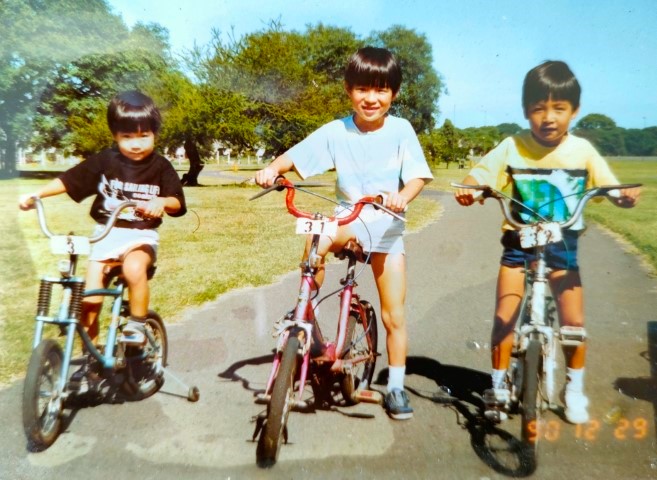
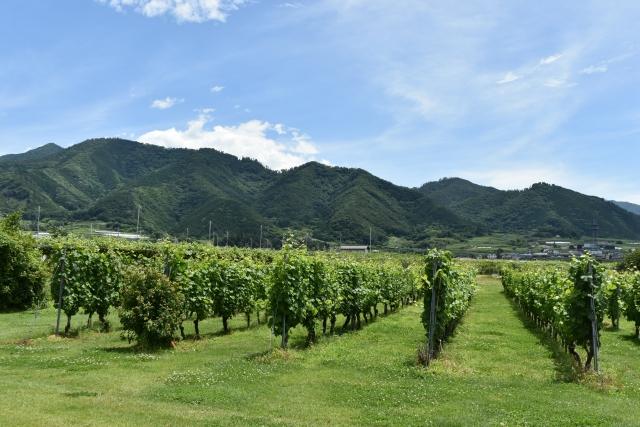
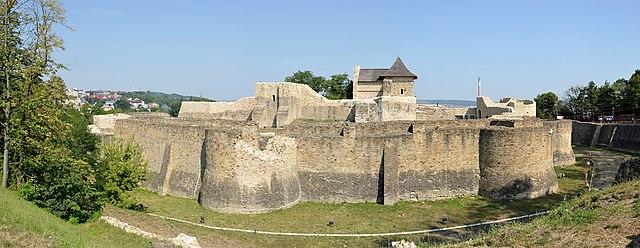
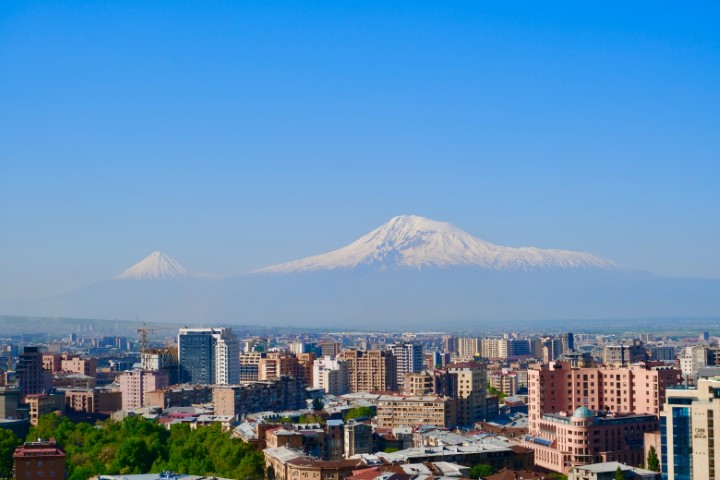


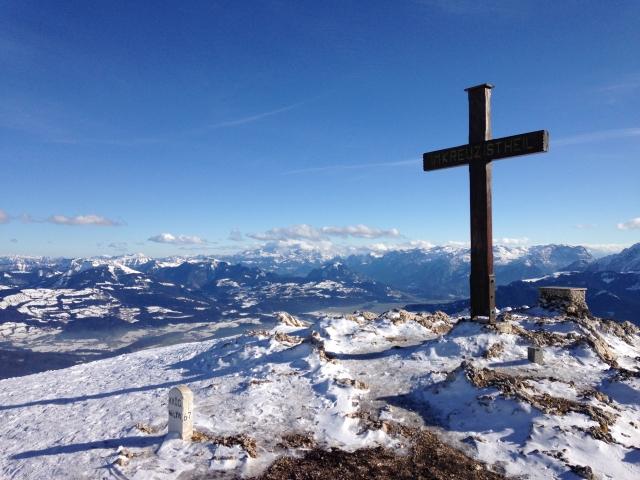
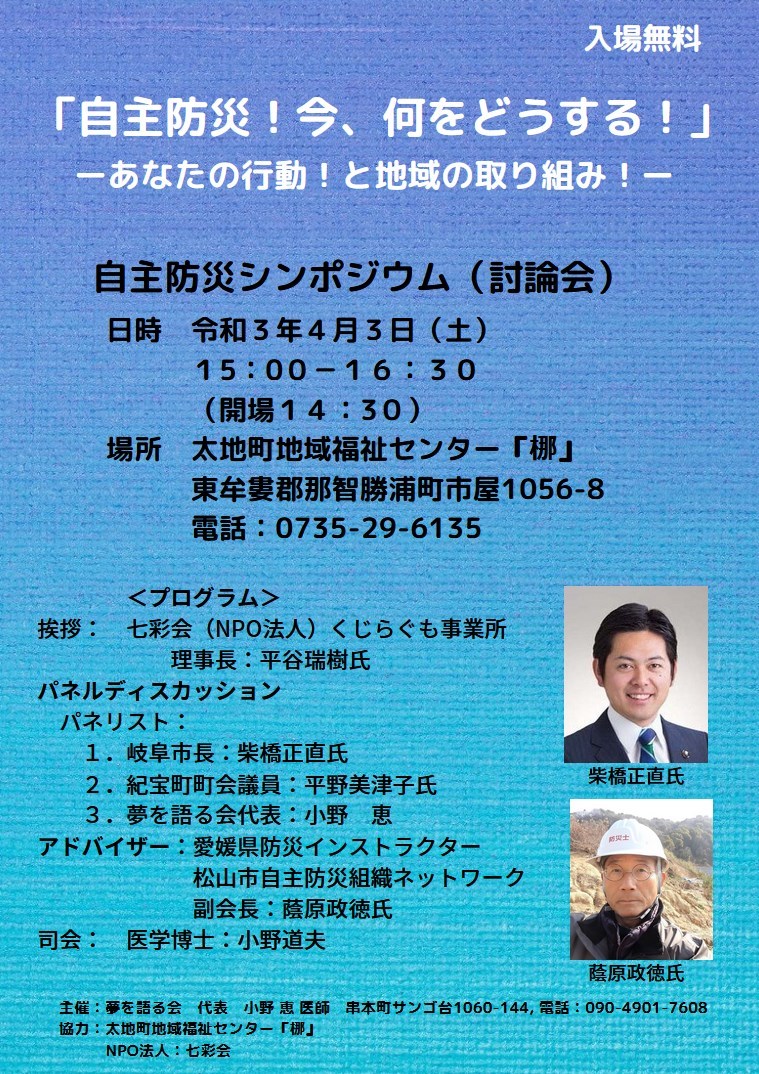
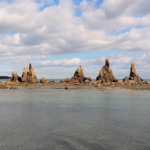


![Testimony of Megumi Ono [Philippians 4:6-7 (NLT)]](https://mustardseedchapel.com/wp-content/uploads/2020/07/profile7-768x1024-2-150x150.jpg)
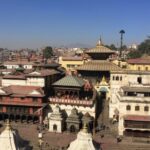
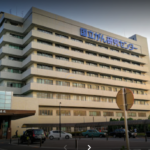





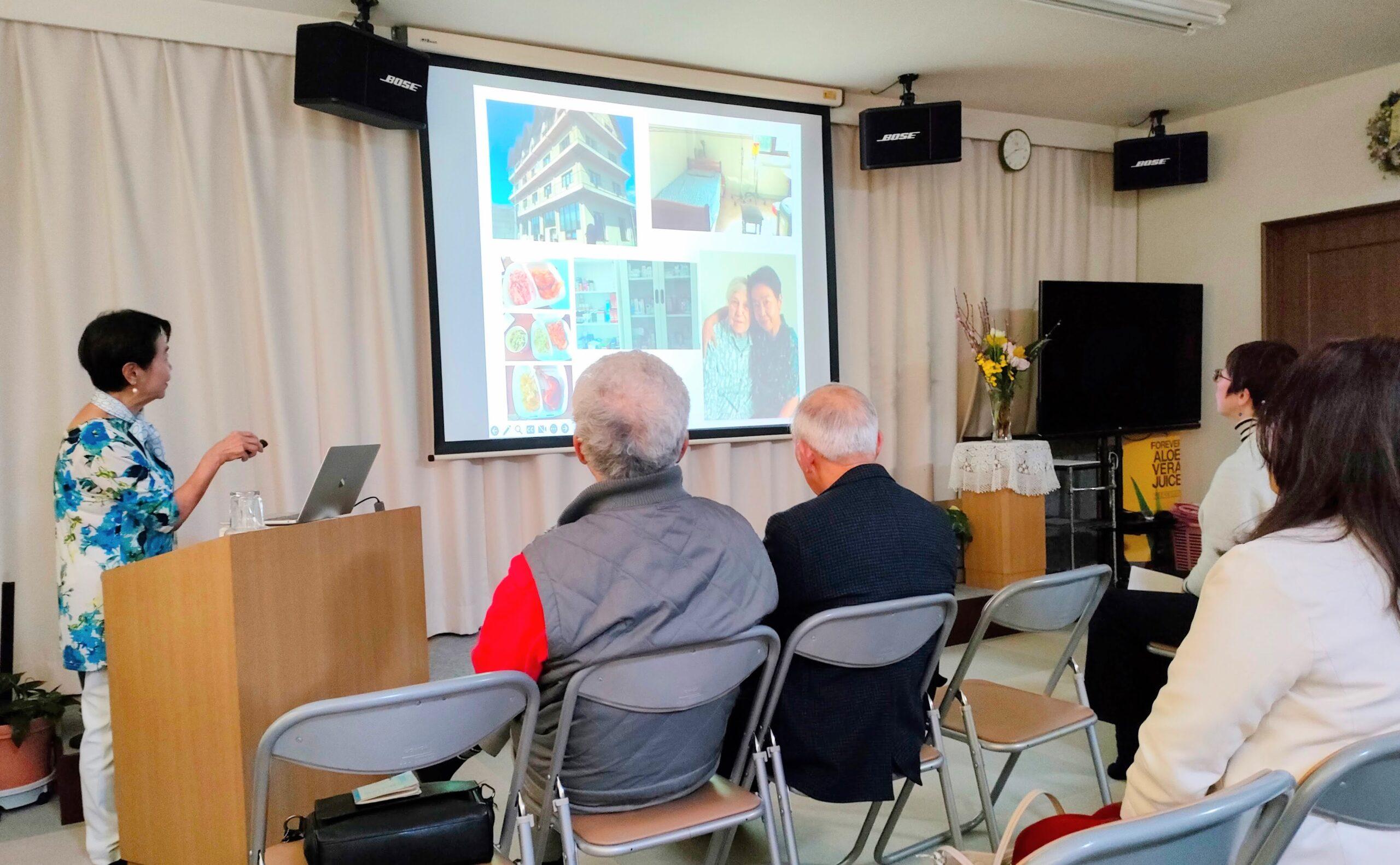
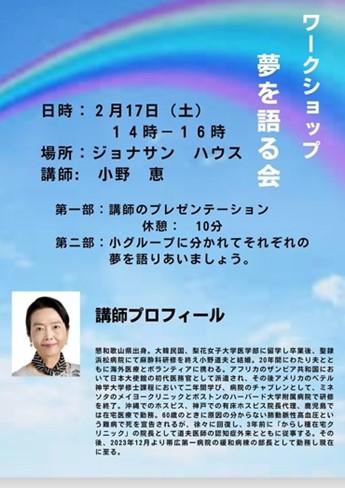
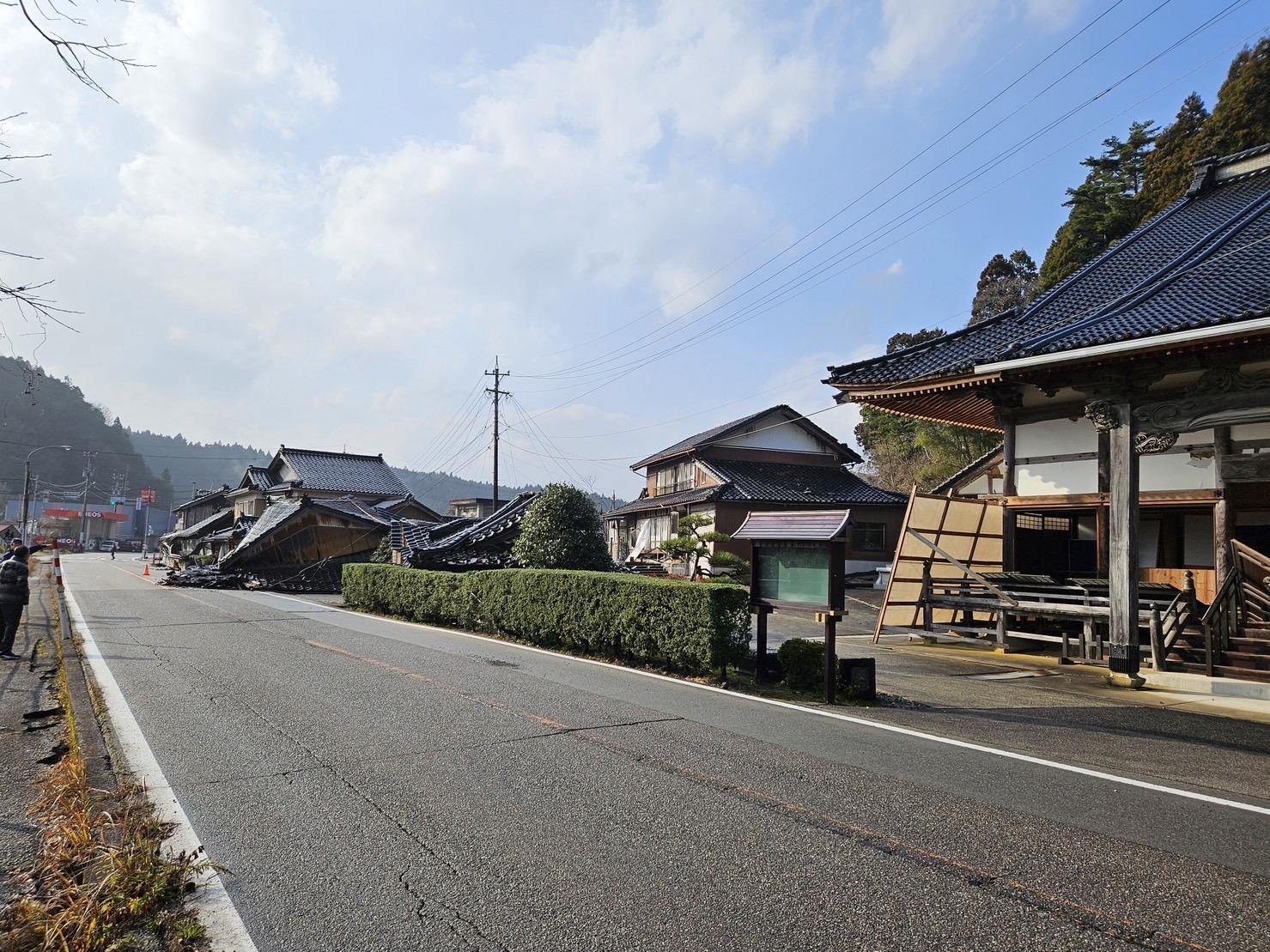
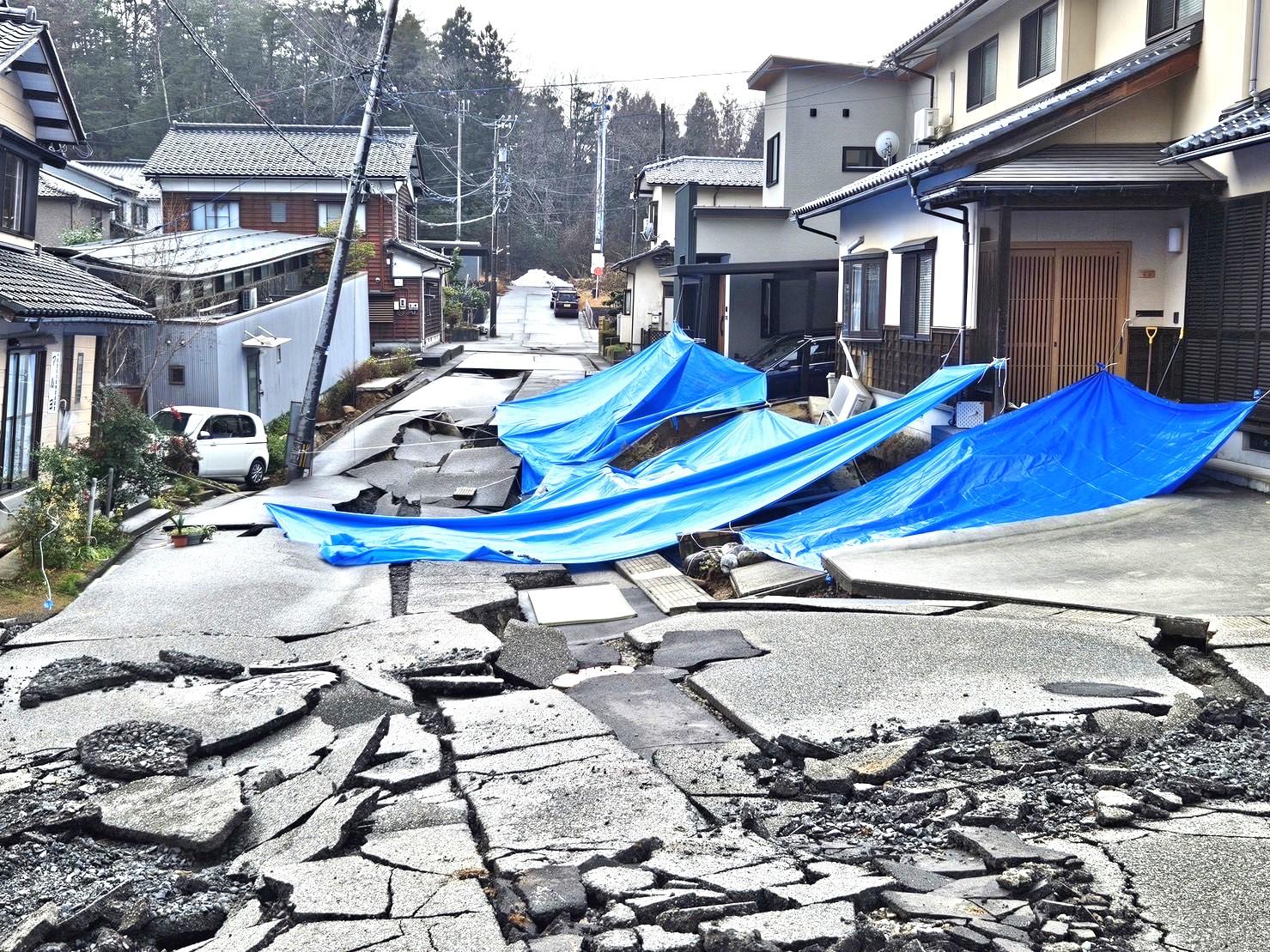
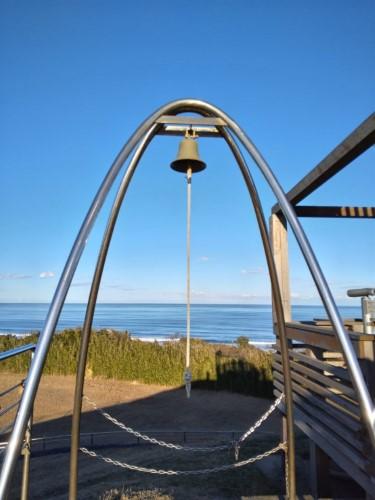


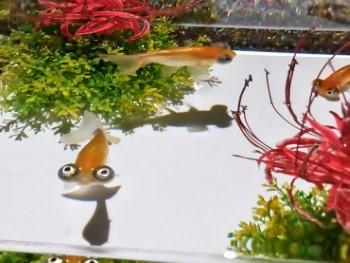







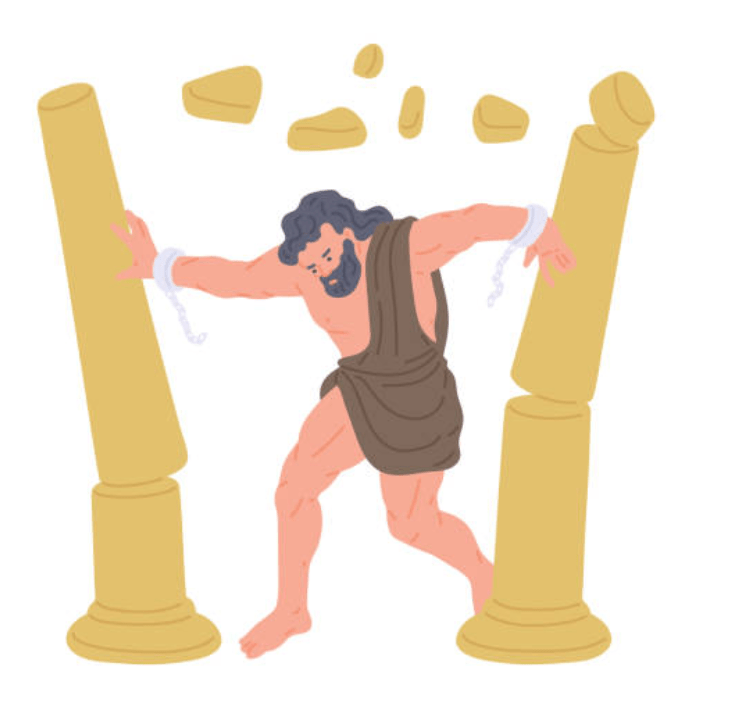

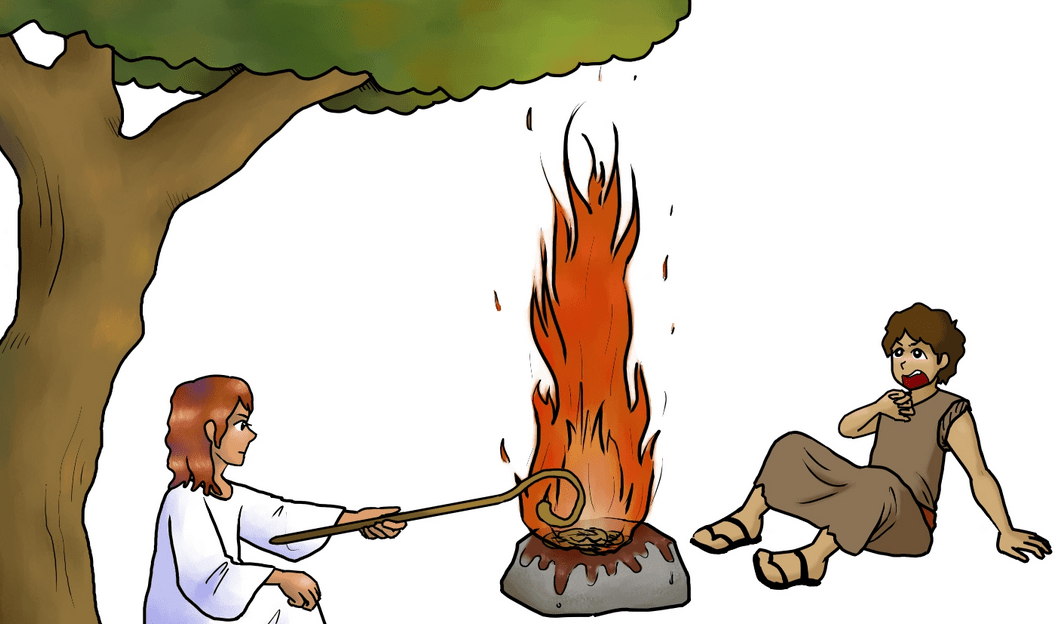
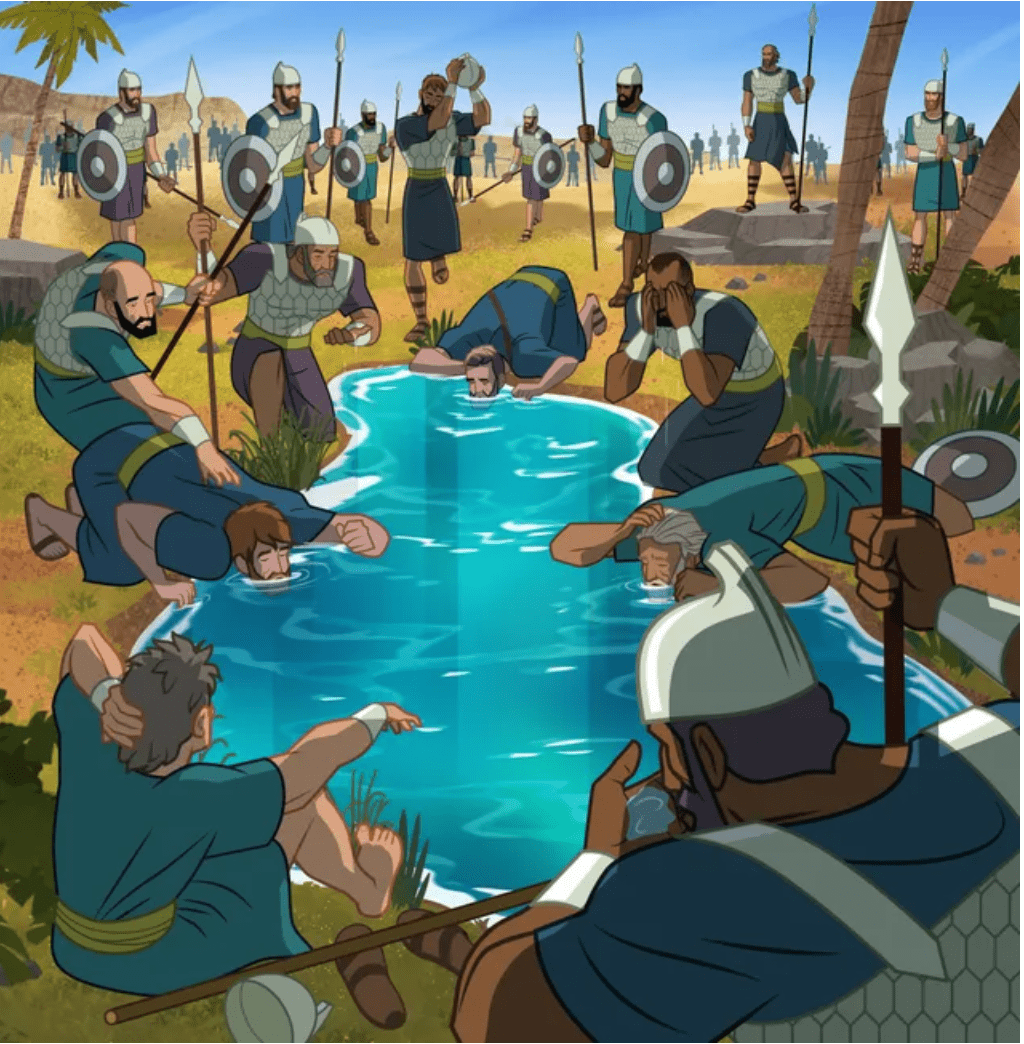
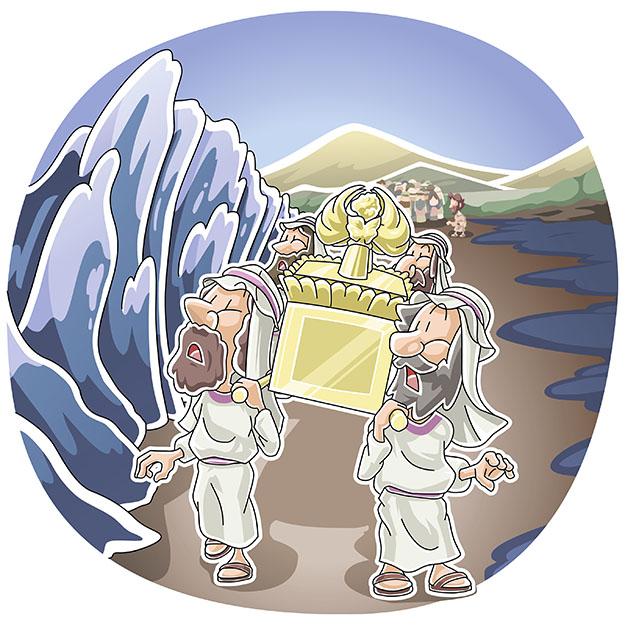
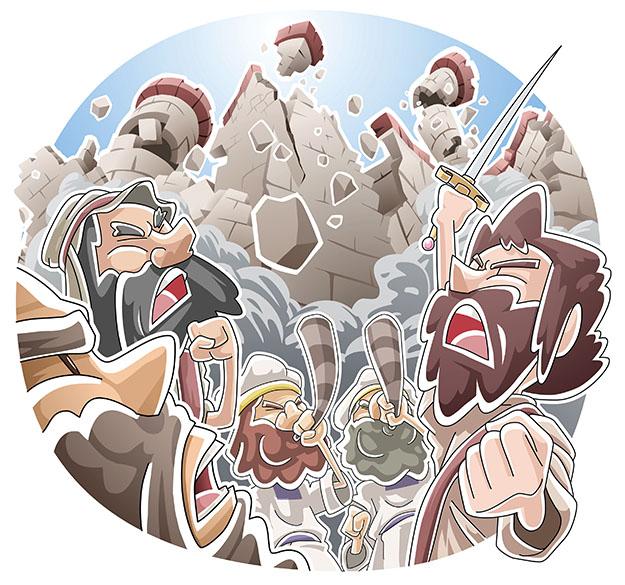

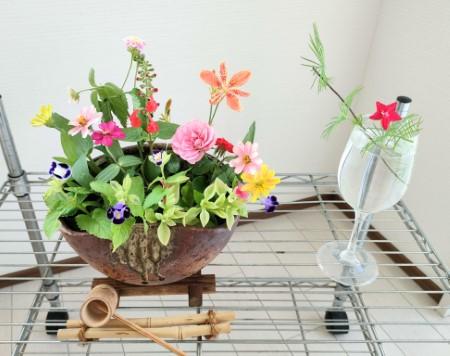


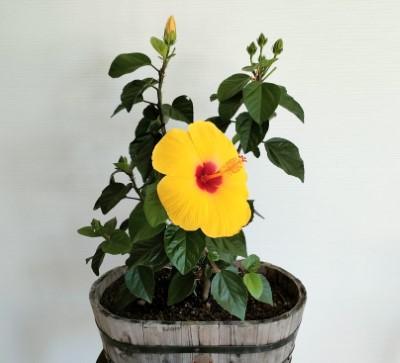

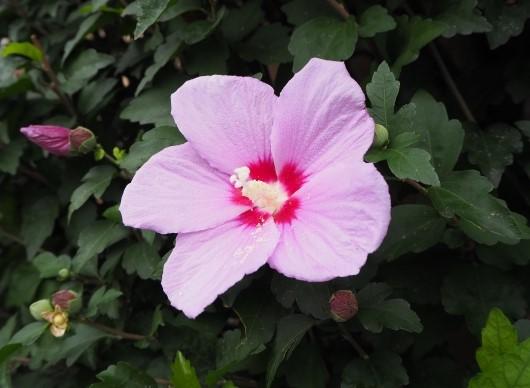

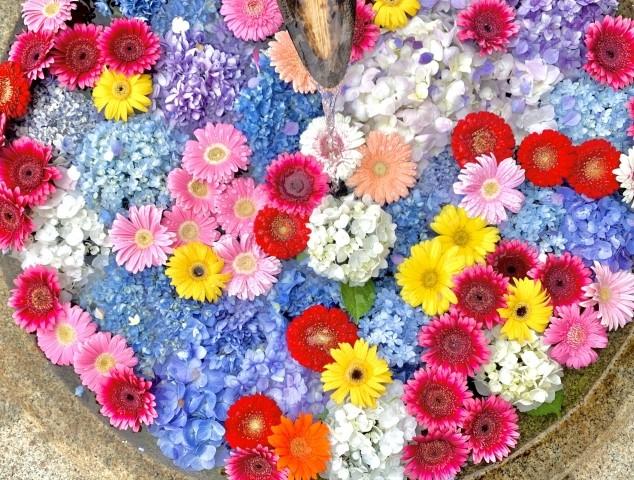
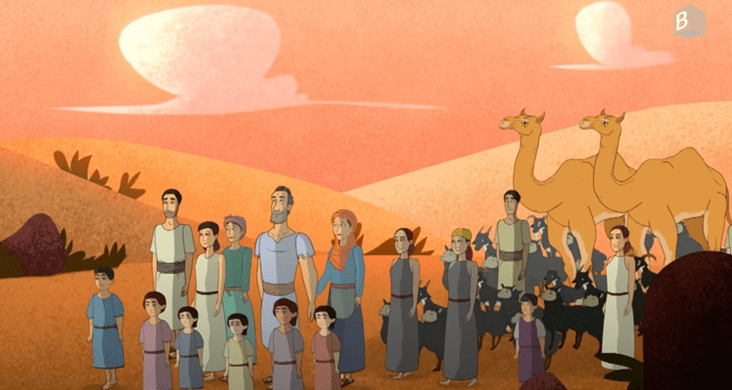






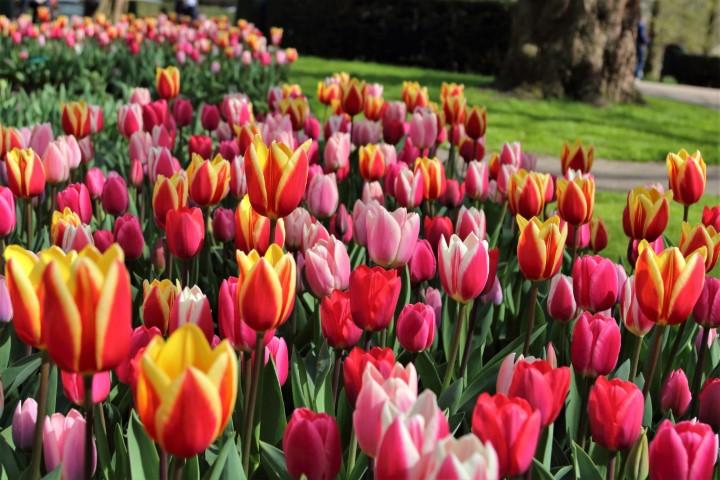
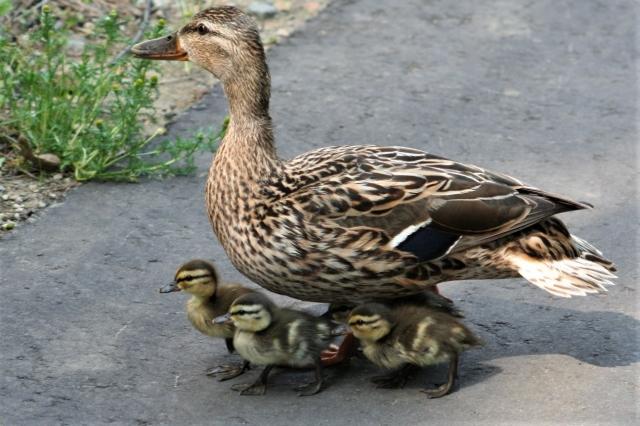
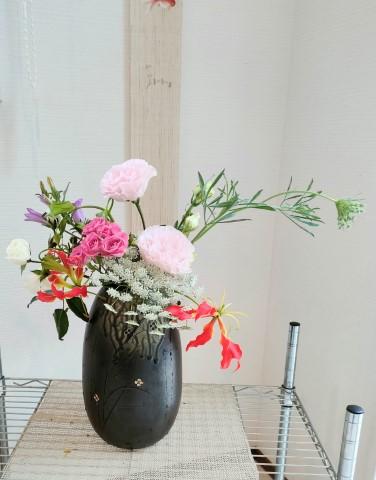





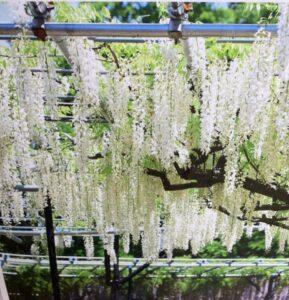

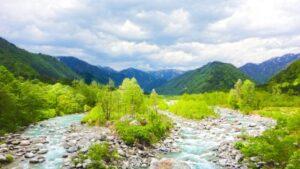
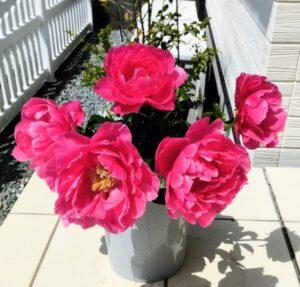

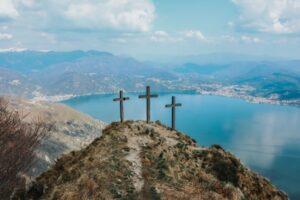

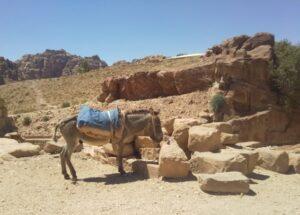



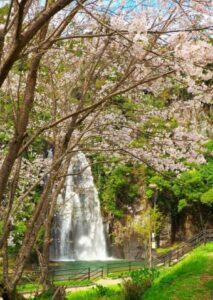
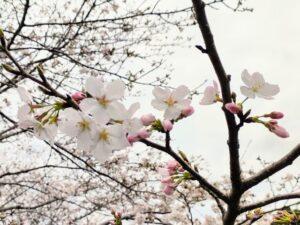


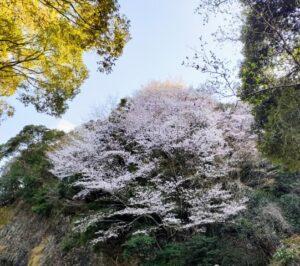


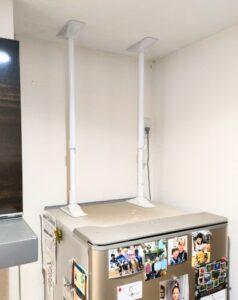
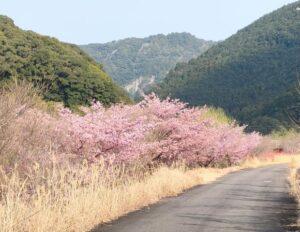



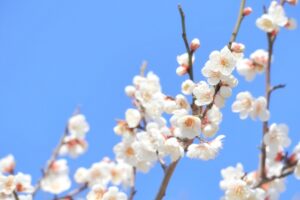
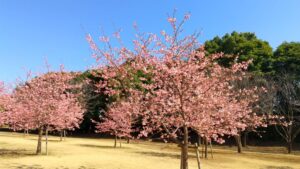


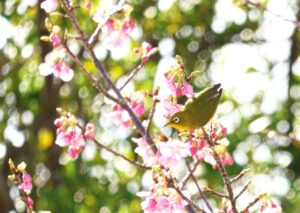

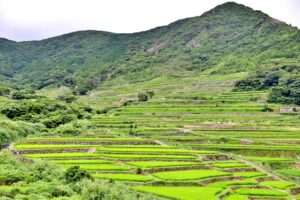

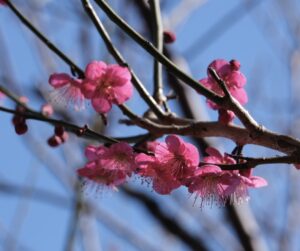
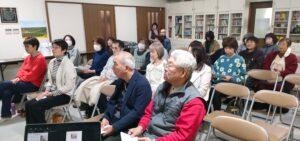
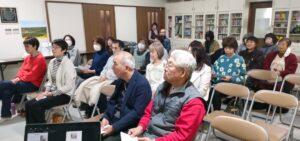
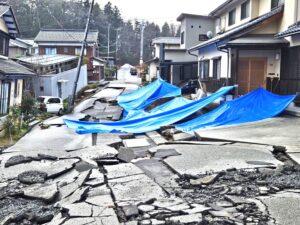
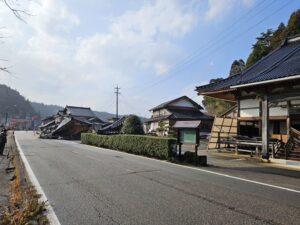


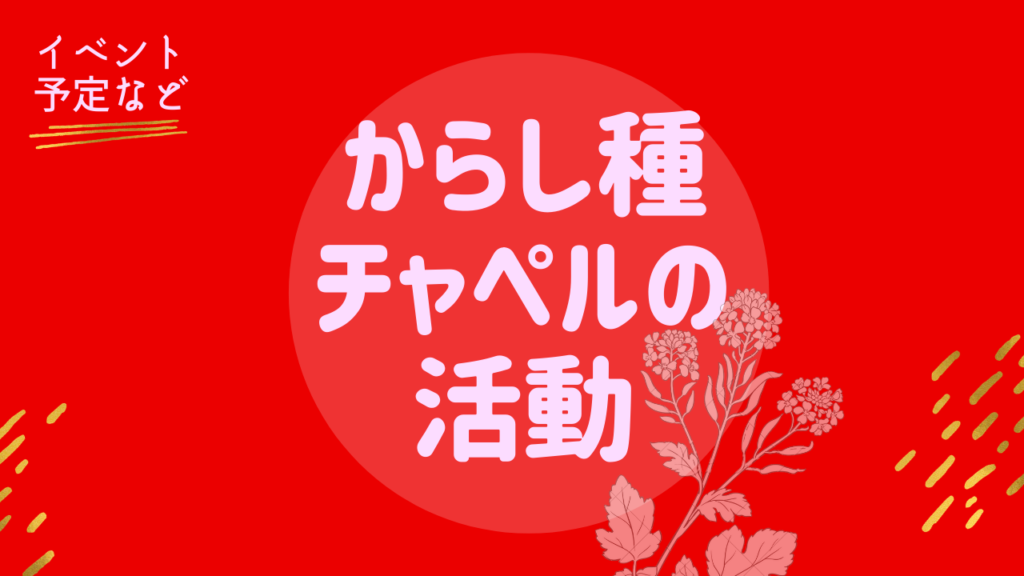 からし種チャペルの活動に関しては、ここからお入りください。皆様のご参加をお待ちしています。
からし種チャペルの活動に関しては、ここからお入りください。皆様のご参加をお待ちしています。